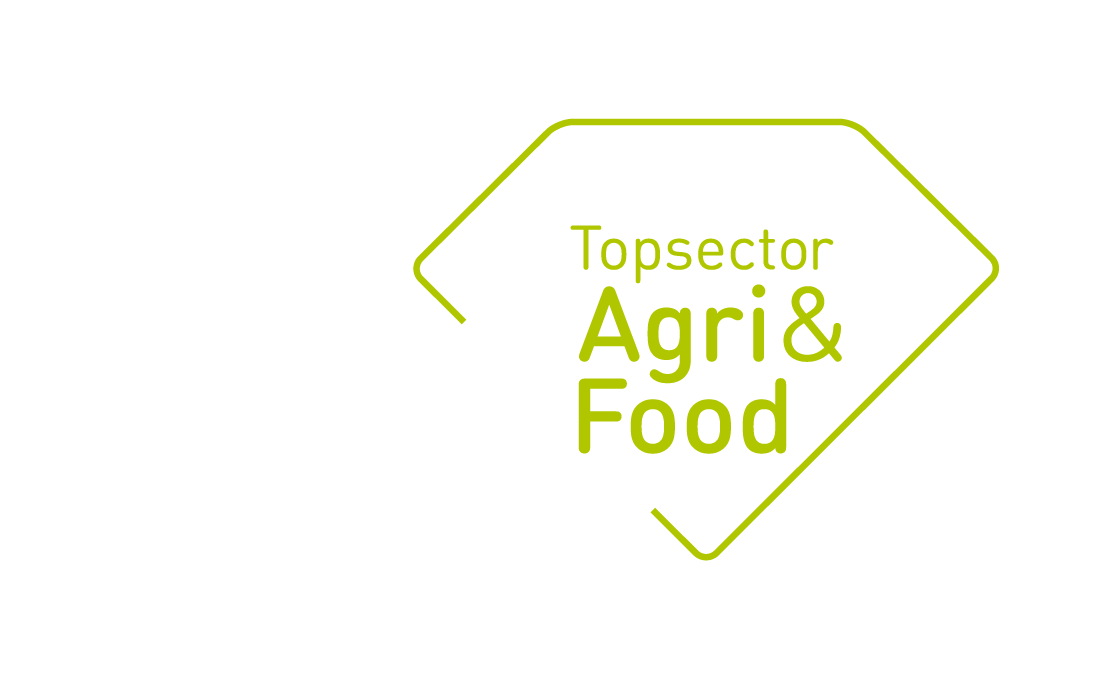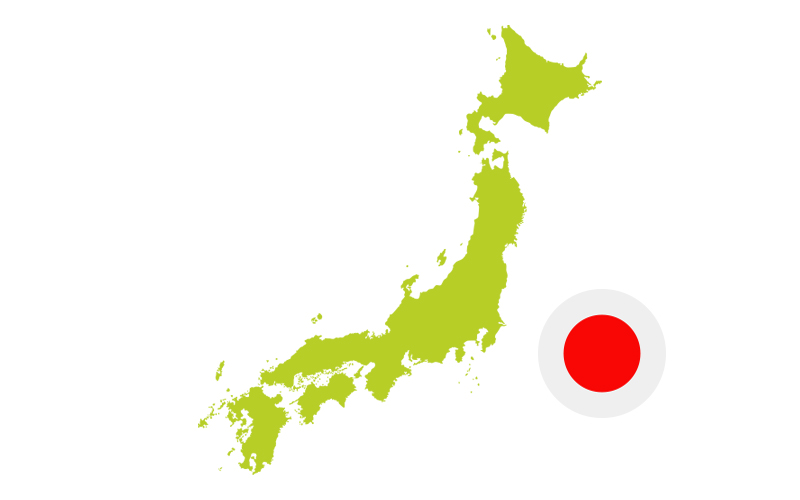Project title: A circular, data-driven dairy sector in Hokkaido, Japan
Project number: SMP-2006
Requesting country: Japan
Year: 2020
Budget: € 40,000
Project leader: Jelle Zijlstra
Knowledge institute: Wageningen University & Research
Project partners: Connecterra, CRV, Dutch Dairy ChainDSM, Hokofarm Group, HoST, SAC Milking Equipment, JOZ, Spinder Dairy Housing Concepts, Trioliet
Summary
The Japanese dairy sector consist of about 17,700 dairy farms who produce about 7,4 million tons of milk per year. In the past 20 years milk production has gradually declined. The self-sufficiency rate for raw milk is now 65%. The government is stimulating farmers to increase their milk production by providing subsidies (up to 50%) for a great number of dairy investments as well as in knowledge infrastructure. This modernisation process creates opportunities for Dutch companies who can offer high tech equipment and artificial intelligence. Amongst others the rapid increase in the sales of milking robots is an illustration of the impact of these subsidies combined with the entrepreneurial spirit of the Japanese dairy farmers.
The Japanese dairy market is slowly opening up by free trade agreements that Japan has recently signed with countries around the Pacific (Trans Pacific Partnership, TPP) and the EU. Due to the relative high price of raw milk (in 2018: € 0.85 at farm gate) the Japanese dairy food market is highly attractive for cheese and dairy products exporters to Japan. Quota and slow tariff reduction may still protect the Japanese dairy sector for a few years, but the sector needs to modernise and become more competitive to survive. For these goals, the agricultural government budget was recently increased with 5,6%.
Milk productivity per cow Japan (average 8,400 kg per cow) is already high, but country specific disadvantages lead to a high costs prices. The lack of large plots of arable land and natural disasters force Japan to import large quantities of animal feed. The high age of the farmer (average 67 years) and the lack of young people in rural areas (e.g. Hokkaido) causes labor shortages. Finally, sustainability and environmental issues get increasing attention in Japan (OECD, 2019). On December 3rd 2019 manure management and bioenergy was bilaterally discussed with NL during the agriculture dialogue. Therefore the Japanese dairy sector is heading towards a circular, data driven, robotized dairy production which Japan presented as host of the G20 in 2019.
With generous subsidies, and a technology-driven and well-educated Japanese dairy sector, the Dutch knowledge institutes and dairy equipment suppliers could greatly benefit from this challenging market. Some companies already do, but in general Dutch companies are not fully benefiting from these business opportunities. Introducing innovative new technologies and products is often difficult and time-consuming because of: language, cultural barriers, closed network, conservatism, and regulatory barriers. This seed money project should verify and educate that existing Dutch technologies, products and the circularity approach are effective in dealing with these challenges of the Japanese sector. The objective of this project is to find ways for the Dutch dairy sector to co-create with Japanese partners on joint R&D challenges. The key challenges where the Dutch can add to the needs of the Japanese sector are expected to be:
- The introduction of robotics and labour management
- Mechanization through introducing modern equipment for fodder production, harvesting, feeding, housing, milking and cow management
- Automation: robots for milking, feeding, manure management and other activities including the use of sensor techniques to improve herd management
- Improved labour management through better recruitment, training and education, improved management of large farms and the use of standard operating procedures on farm
- Circularity and sustainability issues on and around farms
- Feed and manure management: Better use of by-products from food industry, feed additives, smart feeding techniques, manure application and manure processing are issues. Many farmers are considering investments in manure processing. The sale of manure to horticulture farms and the use digestate on fields are promising solutions
- Land based farming: This is promoted by local governments and will also contribute to more circular agriculture. It will challenge the farmer to improve the ratio of home grown feed.
The Japanese dairy sector is heading towards a circular, data driven and robotized dairy production. This is a very challenging R&D environment for Dutch dairy stakeholders and may inspire to new insights to existing Dutch knowledge on these themes, followed by new innovations by the consortium partners. The Hokkaido island region is the major dairy production region (50% national dairy production) in Japan. The activities within this project will therefore be focused on this region.
Deel dit bericht


